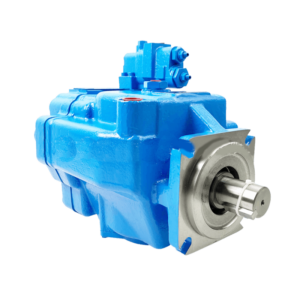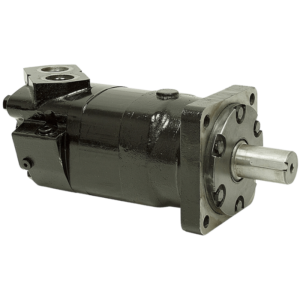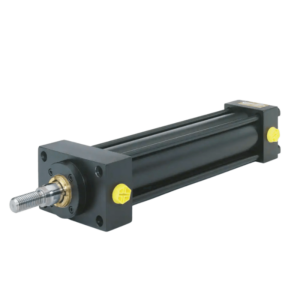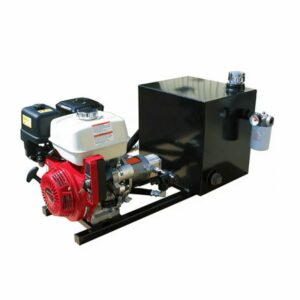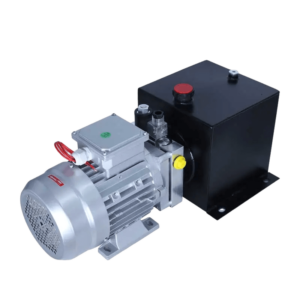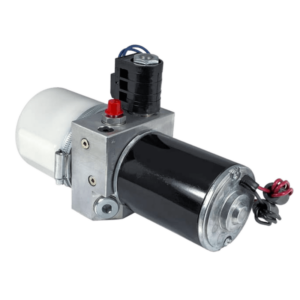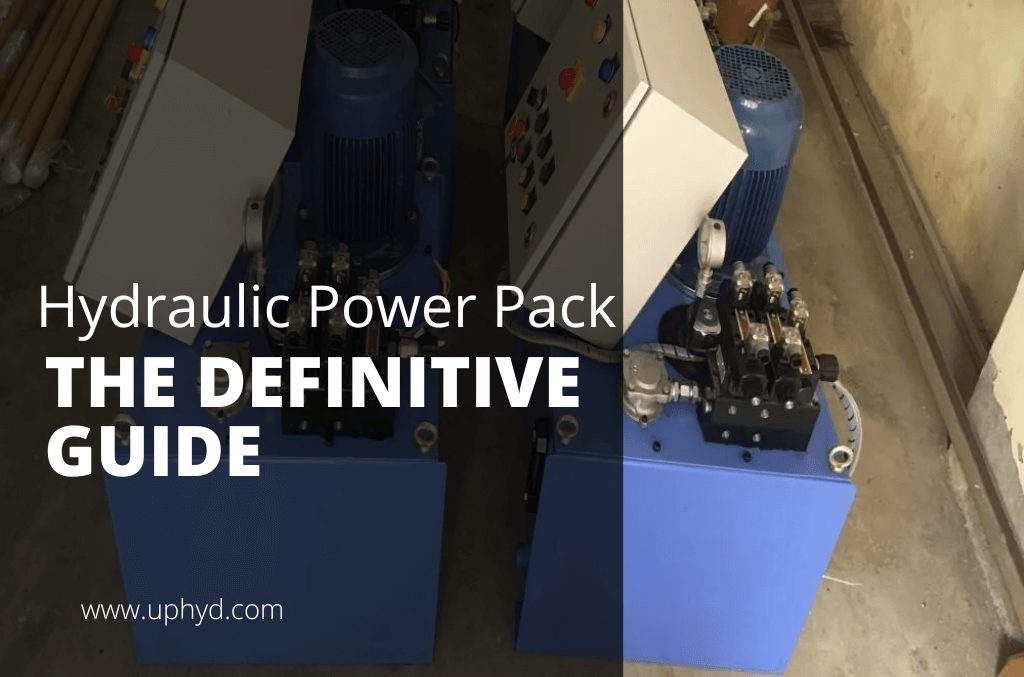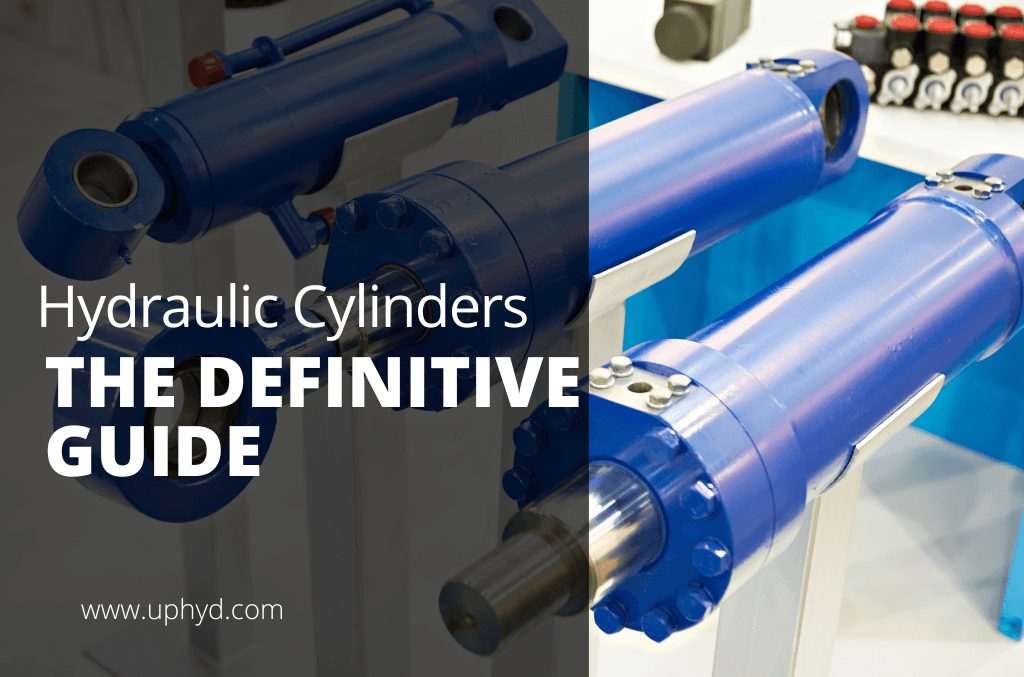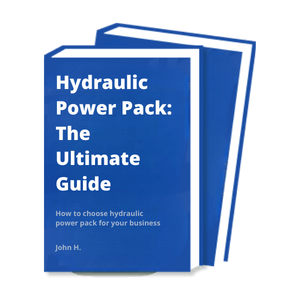PRODUCT FEATURES
Hydraulic Clutch Pump Manufacturer to Rocket Your Business
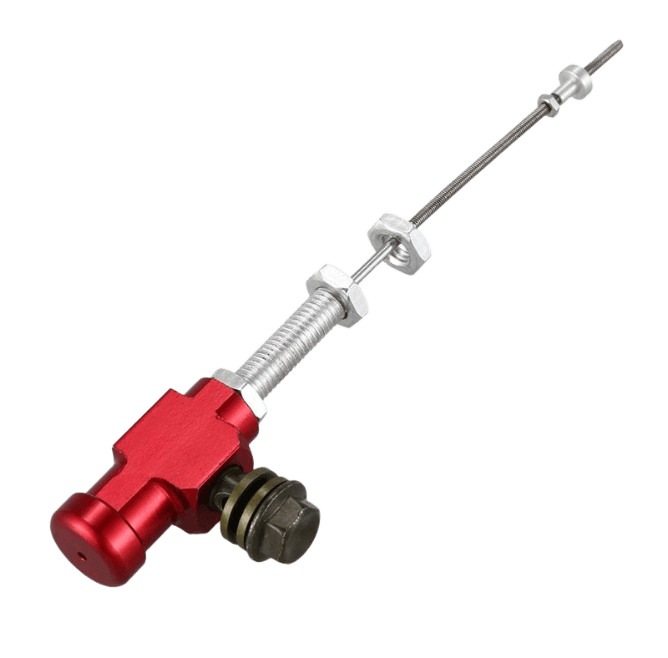
PRODUCTS
Proud To Offer a Wide Variety of Products
If you are looking for something specific that isn’t listed on our website yet, just contact us today!

ABOUT US
Who is Uphyd.com
Uphyd.com have seen that today there are also many hydraulic power pack companies in China & internationally. However, their solutions were still stuck a few years ago.
In fact, we have been upgraded in recent years, and uphyd.com hope our smart and flexible solutions can inject fresh blood into this market.
PARTNER
Trusted by 530+ Top Companies





BUYER’S GUIDE
Hydraulic Clutch Pump: The Ultimate Guide For Wholesaler
Wondering if a Hydraulic Clutch Pump is good to add to your inventory? With so much information to process, it can be tough to make a decision.
In this guide, we’ll go over what they are, how they work, and why they’re a great option for your business. We’ll also provide a guide on choosing the right pump for your business.
So, whether you’re a wholesaler or small business owner, read on to learn more about hydraulic clutches!
Table of contents
1. What is a Hydraulic Clutch Pump?
A hydraulic clutch pump is a device used to create and transmit hydraulic power. It is a positive displacement pump that uses a rotating motion to move fluid through a closed system. The hydraulic clutch pump is used in many industries, including automotive, construction, and manufacturing.
Hydraulic clutch pumps are also designed to make shifting gears smoother and more precise, and they can also help to extend the life of the clutch by reducing wear and tear.

2. How Does the Hydraulic Clutch Pump Work?
A hydraulic clutch pump works by transferring fluid from one chamber to another in order to create a mechanical force. The pump consists of two main parts: the piston and the cylinder. The piston is connected to the crankshaft, and the cylinder is filled with hydraulic fluid.
When the engine is running, the crankshaft turns the piston, which draws the fluid from the cylinder. The fluid is then forced into the chamber on the other side of the piston. This creates a pressure difference between the two sides of the piston, which drives the fluid through the pump.
3. Hydraulic Clutch Pump vs Other Types of Hydraulic Pump: What’s The Difference?
If you’re in the market for a hydraulic clutch pump, you may be wondering what the difference is between this type of pump and other types of hydraulic pumps. Here are some key differences:
| Hydraulic Clutch Pump | Other Types of Hydraulic Pump |
|---|---|
| Designed specifically for use with clutch systems | Can be used for a variety of applications |
| Transfer fluid from one chamber to another | May transfer fluid for other purposes |
| Designed for a specific purpose and don’t require the same level of precision as other types of pumps | More expensive |
| Require less maintenance | |
| Typically have a smaller displacement |
Design
Hydraulic clutch pumps are designed specifically for use with clutch systems. Other types of hydraulic pumps can be used for a variety of applications.
Function
Hydraulic clutch pumps transfer fluid from one chamber to another in order to create the pressure needed to engage and disengage the clutch. Other types of hydraulic pumps may transfer fluid for other purposes such as powering steering systems or brakes.
Displacement
Hydraulic clutch pumps typically have a smaller displacement than other types of hydraulic pumps. This is because the amount of fluid needed to engage the clutch is usually less than the amount needed for other applications.
Maintenance
Hydraulic clutch pumps require less maintenance than other types of hydraulic pumps. This is because they don’t have as many moving parts and are less likely to experience wear and tear.
Cost
Hydraulic clutch pumps are typically less expensive than other types of hydraulic pumps. This is because they are designed for a specific purpose and don’t require the same level of precision as other types of pumps.
These are just some of the key differences between electric clutch hydraulic pumps and other types of hydraulic pumps. When you’re choosing a pump for your vehicle, it’s important to consider all of these factors to ensure you select the best option for your needs.
4. The Key Advantages
Hydraulic clutch pumps are designed for a specific purpose and don’t require the same level of precision as other types of pumps. There are several advantages to using a hydraulic clutch pump over a traditional power steering pump. Here are some key advantages:
Precise Engagement
Hydraulic clutch pumps are designed specifically for use with clutches, while other types of hydraulic pumps can be used for a variety of purposes. This means that they can generate the precise amount of pressure needed to engage and disengage the clutch without causing damage to the system.
Smooth Operation
Hydraulic systems allow for a smoother, more precise engagement of the clutch than a mechanical system. This can make it easier to drive the vehicle and provides a better overall driving experience.
Efficiency
Hydraulic systems are typically more efficient than mechanical systems. This means that they require less energy to operate, which can save you money in the long run.
Higher Working Pressure
Hydraulic systems can generate higher working pressures than mechanical systems. This means that they can be used in applications where a higher level of pressure is needed, such as in heavy-duty vehicles.
Easy Maintenance
Hydraulic clutch pumps require less maintenance than other types of hydraulic pumps. This is because they don’t have as many moving parts and are less likely to experience wear and tear.
Ease of Use
Hydraulic systems are typically easier to use than mechanical systems. This is because they can be adjusted and maintained more easily.
Cost-Effective
Hydraulic clutch pumps are typically less expensive than other types of hydraulic pumps. This makes them a cost-effective option for those who are looking for an upgrade from a traditional power steering pump.
Overall, hydraulic clutch pumps offer several advantages over other types of hydraulic pumps. When you’re choosing a pump for your vehicle, it’s important to consider all of these factors to ensure you select the best option for your needs.
5. Main Components and Their Function
Hydraulic clutch pumps are used to supply hydraulic fluid to the clutches of a vehicle. The main components of these pumps are the following:
Pump Body
The pump body is the housing that contains all of the pump’s components. It is typically made from aluminum, although some models may use other materials.

Pistons
The pistons are located inside the pump body and are used to generate the hydraulic pressure needed to engage and disengage the clutch.

Valves
The valves are located between the pump body and the clutches. They regulate the flow of hydraulic fluid to the clutches, ensuring that the correct amount of pressure is applied.

Reservoir
The reservoir is used to store hydraulic fluid. It is typically made from plastic or metal and is mounted on the side of the pump body.

Pressure Relief Valve
The pressure relief valve is located inside the reservoir and is used to relieve pressure buildup inside the system.

Master Cylinder
The master cylinder is located between the reservoir and the clutches. It contains a piston that is used to generate hydraulic pressure.

Release Fork
The release fork is located between the master cylinder and the clutches. It is used to engage and disengage the clutch.

Each of these components plays an important role in the operation of the pump. When one of these components fails, it can cause problems with the pump’s performance.
6. 6 Industry Application
Hydraulic clutch pumps are commonly used in a variety of industries because of their many benefits. Here are the most common industries that use these pumps:
#1 Automotive
Hydraulic clutch pumps are used in vehicles to supply hydraulic fluid to the clutches. They are typically used in heavy-duty vehicles, such as trucks and buses.
#2 Construction
Hydraulic clutch pumps are used in construction equipment such as excavators and bulldozers. They are used to supply hydraulic fluid to the clutches, which helps the equipment operate more efficiently.
#3 Agriculture
Hydraulic clutch pumps are used in agricultural equipment, such as tractors and combine harvesters. They help to supply hydraulic fluid to the clutches, making the equipment easier to operate.
#4 Manufacturing
Hydraulic clutch pumps are used in a variety of manufacturing applications. They are often used to supply hydraulic fluid to presses and other machinery like stamping machines.
#5 Mining
Hydraulic clutch pumps are used in mining equipment, such as dump trucks and front-end loaders. They help to supply hydraulic fluid to the clutches, making the equipment easier to operate.
#6 Aerospace
Hydraulic clutch pumps are used in aircraft to supply hydraulic fluid to the clutches. They are typically used in commercial and military aircraft.
Hydraulic clutch pumps offer many advantages over other types of hydraulic pumps, making them a popular choice for a variety of industries.
7. The Manufacturing Process
The manufacturing process for these pumps is relatively simple, but there are a few key steps that must be followed in order to produce a high-quality product. Here are the steps involved in the manufacturing process:
Step#1 Mixing the Raw Materials
The first step in the manufacturing process is to mix the raw materials. The raw materials used to make hydraulic clutch pumps vary depending on the manufacturer, but they typically include aluminum, brass, and steel. Once the raw materials are mixed together, they are cast into a mold in order to create the pump body.
Step#2 Casting the Pump Body
The pump body is the most important component of the hydraulic clutch pump. It must be made from a strong material that can withstand the high pressures generated by the pump. The pump body is typically made from aluminum. Once the pump body has been cast, it is machined to the correct shape and size.
Step#3 Machining the Pump Body
After the pump body has been cast, it must be machined to the correct shape and size. This step is critical in order to ensure that the pump will function properly. The pump body is typically machined using a lathe or a milling machine.
Step#4 Assembling the Pump
Once the pump body has been machined, it is time to assemble the pump. This step involves attaching the piston, cylinder, and other components to the pump body. The assembly process is typically done by hand, but some manufacturers use automated assembly machines.
Step#5 Testing the Pump
After the pump has been assembled, it must be tested to ensure that it is functioning properly. This step is critical in order to avoid any issues with the pump during use. The pump is typically tested using a hydraulic test stand.
These are the steps involved in the manufacturing process of hydraulic clutch pumps. If you have question you can contact us at Uphyd and we will be happy to answer them.
8. The Average Cost of a Hydraulic Clutch Pump
The average cost of a hydraulic clutch pump is between $600 and $1,200. Of course, the exact cost will vary depending on the brand, model, and features you choose. But no matter which hydraulic clutch pump you ultimately decide on, you can be confident that it will be a valuable addition to your vehicle.
9. Where To Buy Hydraulic Clutch Pump
When it comes to finding a hydraulic clutch pump, there are a few different places you can look. Here are some of the most popular places to buy hydraulic clutch pumps:
Alibaba
If you’re looking for a hydraulic clutch pump, Alibaba is a great place to start your search. This online marketplace is home to a wide selection of hydraulic clutch pumps, and you can easily compare prices and find the perfect pump for your needs.
Made in China
Made in China is another great option for finding a hydraulic clutch pump. This online retailer offers a wide selection of hydraulic clutch pumps, and you can find good deals on pumps from different pump suppliers.
Global Sources
Global Sources is a B2B platform where you can find a wide selection of hydraulic clutch pumps. This website is a great resource for finding suppliers from around the world, and you can easily compare prices to find the best deal.
DHgate
DHgate is another online marketplace that offers a wide selection of hydraulic clutch pumps. You can find good deals on DHgate, and you can also read customer reviews to get an idea of what other people think of the products you’re interested in.
No matter where you choose to buy your hydraulic clutch pump, be sure to do some research to find the best deal. And if you have any questions, don’t hesitate to ask a Uphyd expert for help.
10. 5 Buying Tips About Hydraulic Clutch Pump
When it comes to buying a hydraulic clutch pump, there are a few things you need to keep in mind. Here are the most important factors to consider when shopping for a hydraulic clutch pump:
#1 Type of Vehicle
The first thing you need to consider is the type of vehicle you have. Not all hydraulic clutch pumps are compatible with all types of vehicles, so you’ll need to make sure you get a pump that’s designed for your specific vehicle.
#2 Size and Capacity
Another important factor to consider is the size and capacity of the pump. You’ll need to make sure you get a pump that’s the right size for your vehicle, and that has the capacity to meet your needs.
#3 Power
Hydraulic clutch pumps are available in different power levels, and it’s important to choose the right power level for your needs. They typically range from 1.5 to 5 HP, and the higher the power level, the more expensive the pump will be. Make sure to choose a pump that has enough power for your needs.
#4 Flow Rate
The flow rate is another important factor to consider when shopping for a hydraulic clutch pump. This is the amount of fluid that the pump can move per minute, and it’s measured in gallons per minute (GPM). Choose a pump with a flow rate that’s appropriate for your needs.
#5 Pressure
Pressure is another important factor to consider when choosing a hydraulic clutch pump. This is the amount of force that the pump can generate, and it’s measured in pounds per square inch (PSI). Choose a pump with enough pressure for your needs.
When shopping for a hydraulic clutch pump, be sure to keep these factors in mind so you can find the perfect pump for your needs.
If you’re curious about the various types of hydraulic pumps, this video will provide a comprehensive guide.
11. Conclusion
Now that you know everything there is to know about hydraulic clutch pumps, it’s time to put that knowledge into action. Find a manufacturer who can provide you with the best quality products at the most competitive prices.
And if you’re still not sure where to start, don’t hesitate to contact us. We would be more than happy to help you find the perfect supplier for your needs.
FEATURE BLOGS
READY TO LEARN MORE?
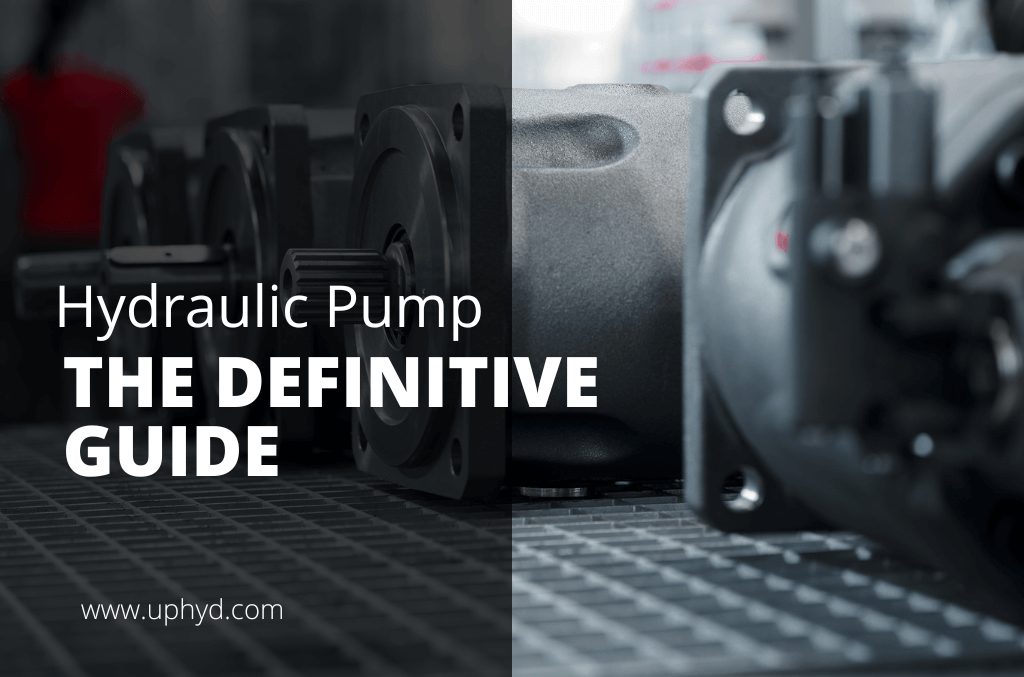
Find everything you need to know about hydraulic pumps in this comprehensive guide.


